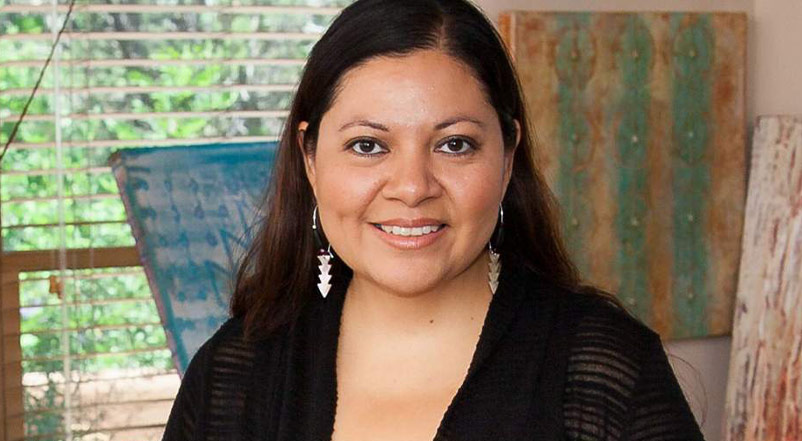Writer and visual artist Melissa Melero-Moose talks about fostering creativity during the pandemic on the Reno-Sparks Indian colony in Hungry Valley, NV. Eric Hemenway, director of the Department of Repatriation, Archives and Records for the Little Traverse Bay Bands of Odawa Indians, explains how storytelling can uncover misrepresentations about Native communities.

Making Meaning Episode 3: Environmental Justice, Climate Disasters, And The Humanities
Adrienne Kennedy, a climate activist and organizer from south Lumberton, North Carolina, talks about what environmental justice looks like for her after Hurricane Matthew destroyed her home. Dr. Joseph Campana, director of the Center for Environmental Studies at Rice University, explores ways the humanities can help us process relentless patterns of climate catastrophe.
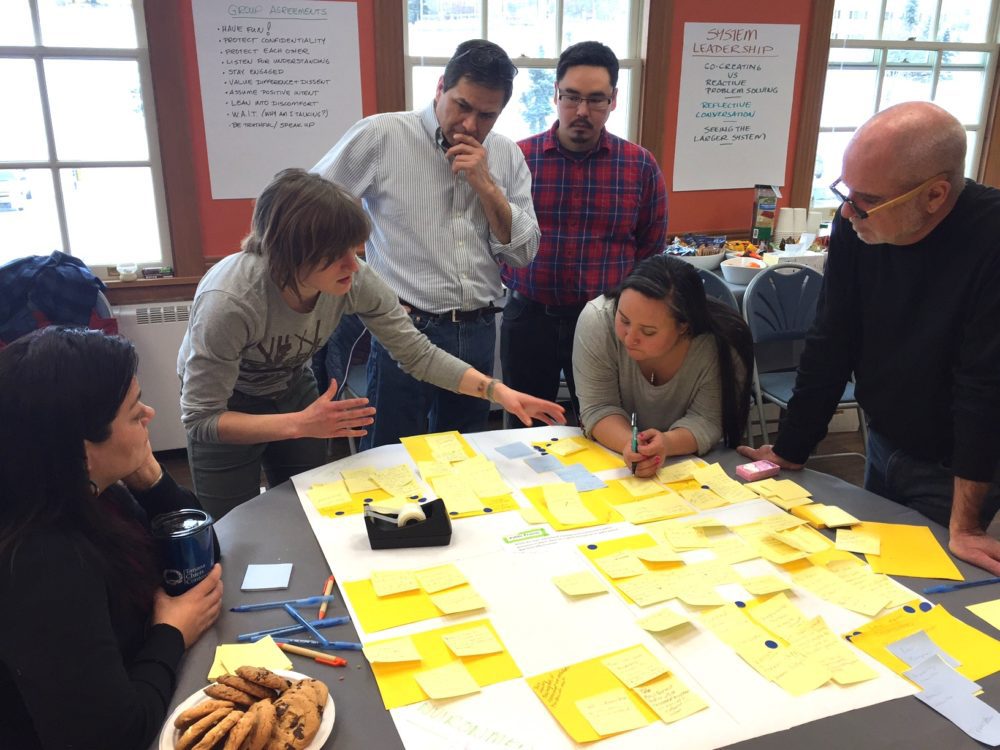
Humanities Support Infrastructure
From natural resources to time-honored American traditions, humanities councils tend to the spaces and structures that support and define our nation.

Why It Matters: How Does Where You Live or Come From Affect Civic Engagement?
Where we are affects what we do, and that relationship extends to civic participation across the nation. From a rural island off the mainland of Amerika Samoa to Philadelphia, a city at the center of national news during the last election cycle, that environment will motivate people’s civic investment in different ways.

Environmental Humanities Programming
Preservation and education, water and recovery – for humanities councils, Earth Day in April was a reflection of environmental conversations they spark all year round. As a panelist at a Wisconsin Humanities discussion said, “What’s the best way to talk about [climate change], knowing that as a starting point this is something that should be historically, culturally, and context-dependent?”
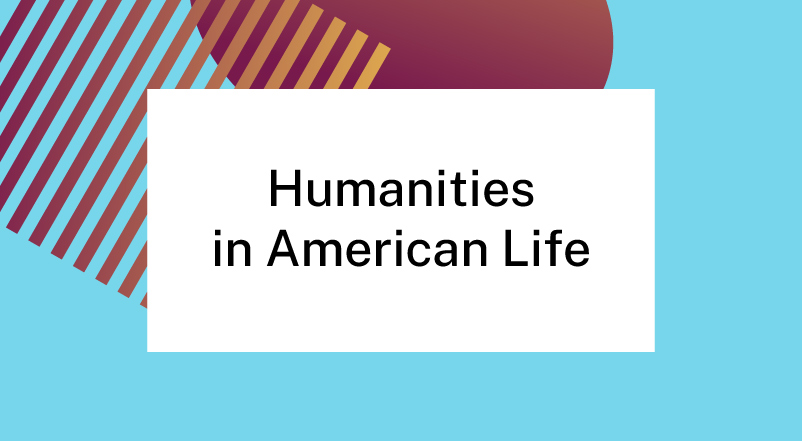
Water Storytelling with Utah Humanities
“We have stories about water babies that are in the water, born in the water…but it would hypnotize you and coax you into that water and take you, so when you hear babies down by the river you don’t want to go down there” Cesspooch said. “I think that thing is somewhat also a reason why we didn’t make boats or make water a leisure type of recreation. I think it’s more along the lines of ‘respect water,’ it’s not there to play in, it’s life—it’s just another way of looking at it.” Read on to learn more about Utah Humanities’ “Think Water Utah” conversations.
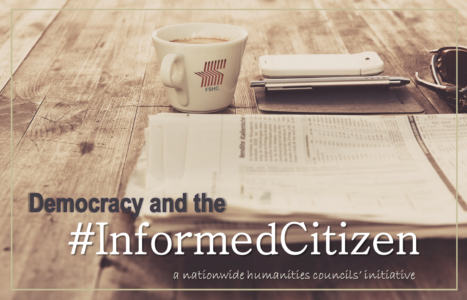
Councils Kick Off Democracy and the Informed Citizen Programs in 2018
In partnership with The Pulitzer Prizes and supported by a grant from The Andrew W. Mellon Foundation, forty-nine councils will launch hundreds of programs and events exploring the importance of being an informed citizen and what that means in today’s society.
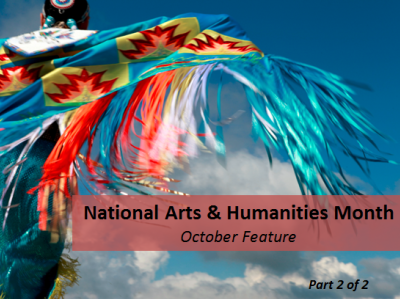
Engage, Explore, Encourage, Educate, Experience – It’s National Arts & Humanities Month! (Part 2 of 2)
ENGAGE, EXPLORE, ENCOURAGE, EDUCATE, EXPERIENCE It’s National Arts and Humanities Month! (Part 2 of 2) On September 28, President Obama declared October as National Arts & Humanities month. To celebrate … Read more
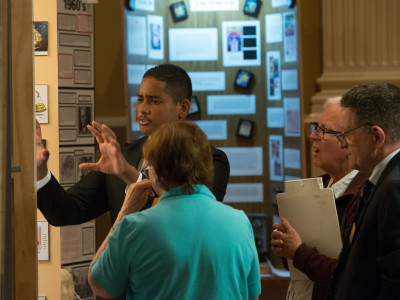
Thousands of Students Present Historical Research Projects at 2016 National History Day – Winners Announced!
State humanities councils, FSHC, and other humanities organizations come together to support National History Day – a program that brings students together, in a friendly history competition, from around the world.
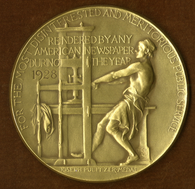
Pulitzer Prizes and FSHC Launch Centennial Campfires Programming
Pulitzer and the Federation of State Humanities Councils kick-off the 2016 launch of the Pulitzer Centennial and Campfires Initiative
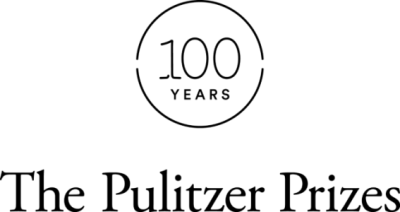
Forty-Six State Humanities Councils Awarded Funding for Pulitzer Prizes Centennial Campfires Initiative
Awards total more than $1.5 million for grassroots programming in celebration of the Pulitzer’s Centennial.
